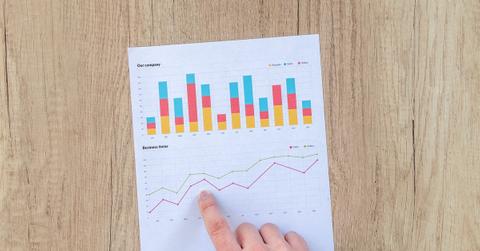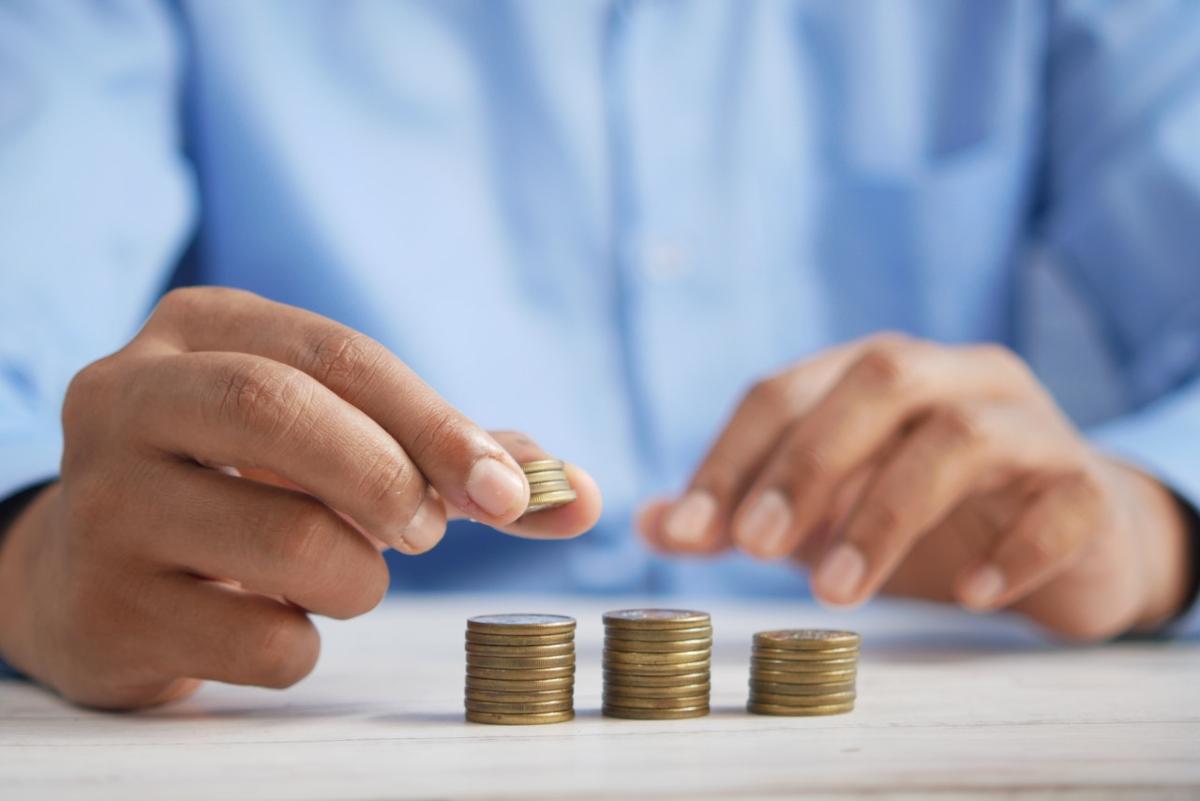Why Do Companies Buy Back Shares? 2% Tax Might Impact Repurchases
In 2021, U.S. companies are on track for record repurchases. Why do companies buy back shares?
Oct. 27 2021, Published 2:55 p.m. ET
Companies reward shareholders in a few ways. The most popular way is the dividend that's paid directly to shareholders. However, U.S. tech companies are frugal with dividends and they use the funds for share buybacks. In 2021, U.S. companies are on track for record repurchases. Why do companies buy back shares and will the proposed 2 percent share repurchase tax have an impact?
In 2020, U.S. companies went slow on repurchases amid the COVID-19 uncertainty. Also, banks, which tend to do massive share buybacks, were barred by the Federal Reserve to increase the shareholder payouts. A lot of U.S. companies even suspended dividends in 2020.
Why do companies repurchase shares?
Share repurchases are a way that companies return excess cash to shareholders. Here “returning the cash” can be a misnomer. Unlike dividends that are paid to shareholders directly, in buybacks, shareholders don’t get cash directly. Companies lower their outstanding share count through repurchases.
While share buybacks don’t increase the company’s earnings, they inflate the EPS. While many people would scoff at it as “denominator management,” share buybacks are a perfectly legit way to utilize excess funds. The PE multiple is the most popular valuation multiple. By repurchasing shares, companies increase the EPS and as a result, the PE multiple comes down.
At times, companies do repurchases on a recurrent basis. Most U.S. tech giants have multi-year buyback programs. For example, Microsoft announced a $60 billion share repurchase program in September.
Share buybacks
At times, companies announce tactical buybacks when the stock prices are weak. Alibaba increased the buyback size from $10 billion to $15 billion. The stock has sagged in 2021 and repurchasing the shares at lower prices would help add shareholder value. A company repurchasing shares is seen as a sign that management finds the share attractive.
While investing in growth or earnings accretive acquisitions should be the priority for any company, in the absence of attractive growth opportunities, it's prudent for the company to spend the money on share buybacks. Also, companies buy back shares to offset the increase in share count from stock options. Tech companies are especially generous with employee stock options.
Warren Buffett on share buybacks
Warren Buffett has also increased the share buybacks. He hasn’t been able to find alternate ways to invest the massive cash on Berkshire Hathaway's balance sheet. According to Buffett, companies are better off repurchasing shares instead of investing money in acquisitions that might not add shareholder value.
Democrats are proposing a 2 percent tax on buybacks. President Biden has proposed trillions of dollars of spending and would need to prop up the revenues. The administration is also considering imposing a tax on cryptocurrencies to raise revenues.
Would the 2 percent tax impact buybacks?
A CNBC survey of CFOs revealed that 55 percent of them think that the repurchase tax would impact their buyback decision and they would repurchase fewer shares. However, 40 percent think that the tax wouldn't have an impact. The survey was conducted between Sept. 20 and Sept. 29 among 20 U.S.-based CFOs. While the combined market cap of the companies was around $4.5 billion, the sample size looks small.
U.S. companies are flush with cash and in absence of other opportunities, they might continue to spend generously on buybacks, irrespective of the prospered 2 percent tax. The tax might not have much impact on how U.S. companies approach share buybacks.



